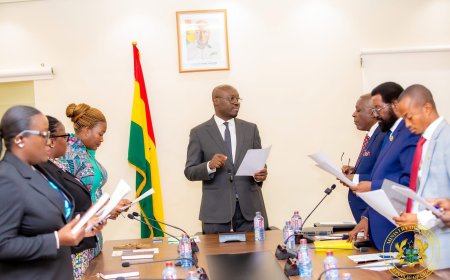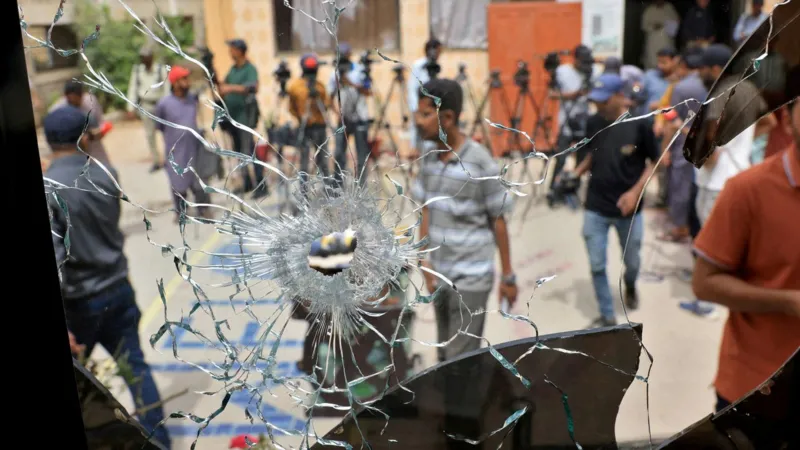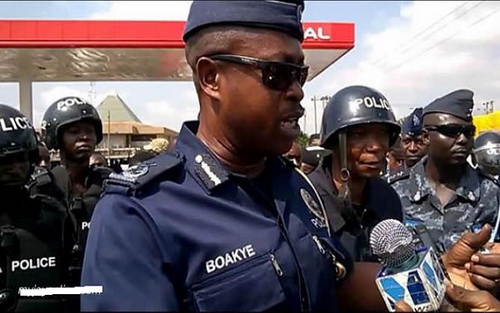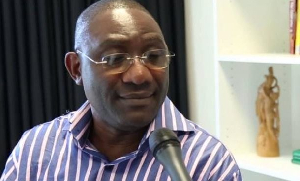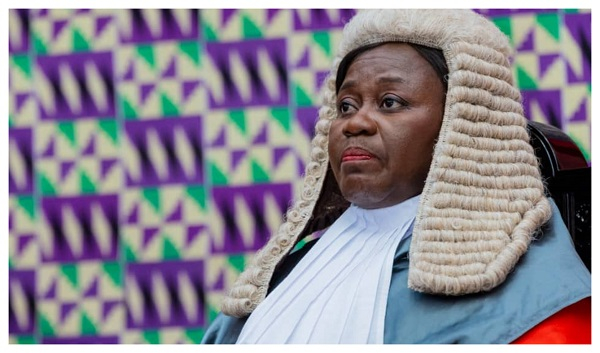Make CJ removal findings public – CDD Boss demands

Accra, Ghana - 23 April, 2025 - The Executive Director of the Ghana Center for Democratic Development (CDD-Ghana), Professor H. Kwasi Prempeh, has raised concerns about the current process for removing justices of the superior courts, calling for greater transparency and institutional reform—particularly in light of the recent suspension of Chief Justice Gertrude Araba Esaaba Sackey Torkornoo.
In a strongly-worded critique, Prof. Prempeh took aim at Article 146 of the 1992 Constitution, which outlines the procedure for the removal of superior court justices, including the Chief Justice.
“I have at least two problems with Article 146 in its present form,” he said. “First is the secrecy or lack of transparency concerning the removal petition. Even if the removal proceedings must be held in camera, I believe that, at the minimum, the findings and outcome of the proceedings, including the grounds and supporting evidence behind the removal petition, must be made public after the fact.”
He argued that public confidence in the judiciary hinges on access to information and accountability. “The public must not be kept in the dark as to why a removal petition failed or succeeded,” he said. “In the interest of justice, I believe the grounds and evidence in support of the committee’s decision, whichever way it goes, must be made public, so that the public, too, can judge for themselves as to whether justice was served in the matter.”
Prof. Prempeh also criticized the composition of the five-member committee tasked with investigating removal petitions, especially in cases involving the Chief Justice. “Where the removal petition pertains to a Chief Justice, no sitting judge should be included in the five-person removal committee that is constituted to hear the petition,” he said. “None of the CJ’s judicial peers must be made to sit in judgment on a removal petition involving their judicial colleague or ‘boss’, as they are likely to have an interest in the outcome.”
He recommended the use of retired jurists or career public servants to avoid potential conflicts of interest, and called for a more politically inclusive and neutral process for selecting committee members.
“Better to keep a President out of the removal process, except to implement, after the fact, the final outcome of the process as determined by an independent removal committee,” he added.
Background: CJ Suspension
Chief Justice Gertrude Torkornoo was suspended by President John Dramani Mahama on April 22, 2025, following the establishment of a prima facie case based on three separate petitions seeking her removal from office.
The suspension, which was carried out in line with Article 146(6) of the Constitution, followed the President’s consultation with the Council of State.
Justice Paul Baffoe-Bonnie, the most senior Justice of the Supreme Court, has since been appointed Acting Chief Justice.
A five-member committee has been constituted to investigate the allegations, but the lack of public disclosure regarding the nature of the petitions and the evidence cited has fueled concerns among legal experts, civil society, and the public.
Source: CitiNewsroom



















